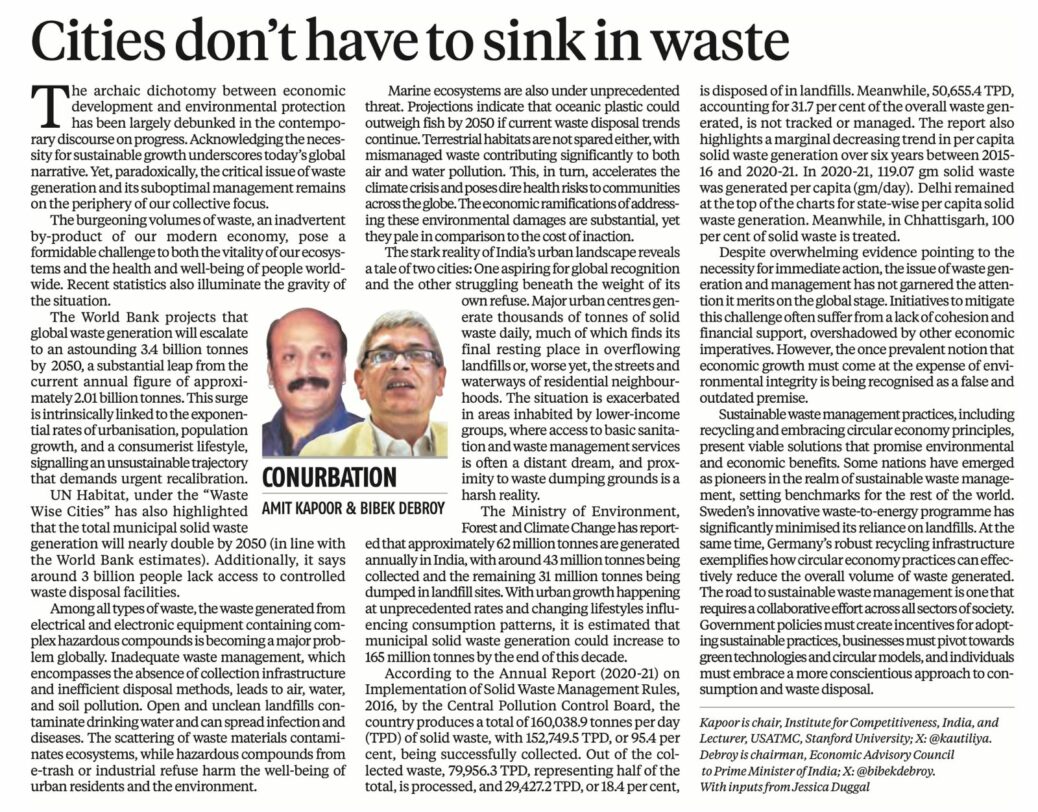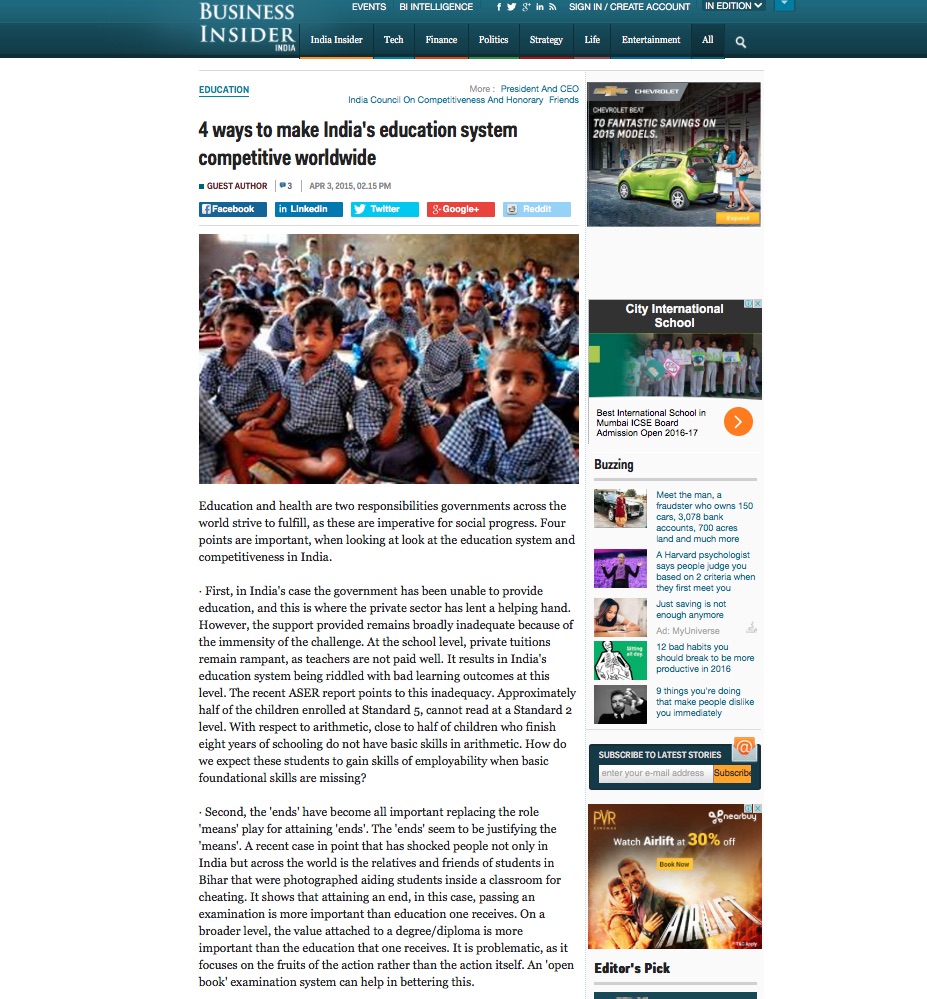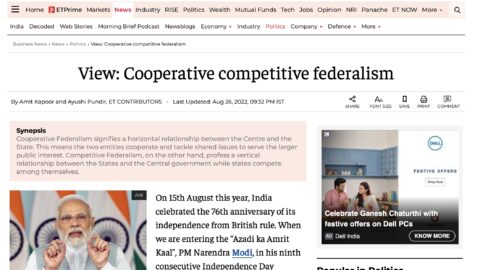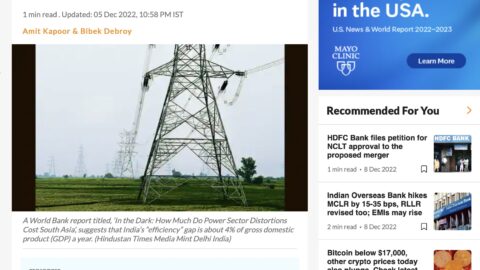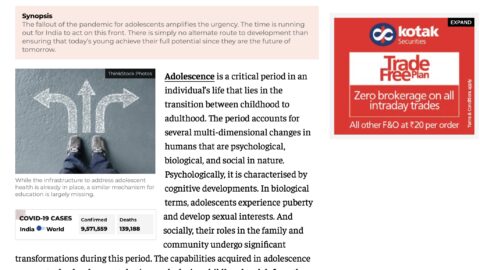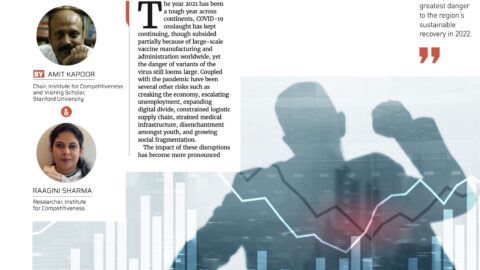Bridging Progress and Preservation: The Imperative of Sustainable Waste Management
The archaic dichotomy between economic development and environmental protection has been largely debunked in the contemporary discourse on progress. Acknowledgement of the necessity for sustainable growth underscores today’s global narrative. Yet, paradoxically, the critical issue of waste generation and its suboptimal management remains on the periphery of our collective focus. The burgeoning volumes of waste, an inadvertent by-product of our modern economy, pose a formidable challenge to both the vitality of our ecosystems and the health and well-being of societies worldwide. Recent statistics also illuminate the gravity of the situation. The World Bank projects that global waste generation will escalate to an astounding 3.4 billion tons by the year 2050, a substantial leap from the current annual figure of approximately 2.01 billion tons. This surge is intrinsically linked to the exponential rates of urbanisation, population growth, and a consumerist lifestyle, signalling an unsustainable trajectory that demands urgent recalibration. According to the United Nations Environment Programme, annually, around 11.2 billion tonnes of solid waste is generated on a global scale, with the decomposition of the organic element of this trash accounting for roughly 5 per cent of total greenhouse gas emissions.
Among all types of waste, the waste generated from electrical and electronic equipment containing complex hazardous compounds is becoming an increasingly significant problem in developed and developing countries. Inadequate waste management, which encompasses the absence of collection infrastructure and inefficient disposal methods, leads to air, water, and soil pollution. Open and unclean landfills contaminate drinking water and can spread infection and transmit diseases. The scattering of waste materials contaminates ecosystems, while hazardous compounds from e-trash or industrial refuse harm the well-being of urban residents and the natural environment. Marine ecosystems are also under unprecedented threat. Projections indicate that oceanic plastic could outweigh fish by 2050 if current waste disposal trends continue. Terrestrial habitats are not spared either, with mismanaged waste contributing significantly to both air and water pollution. This, in turn, accelerates the climate crisis and poses dire health risks to communities across the globe. The economic ramifications of addressing these environmental damages are substantial yet pale in comparison to the cost of inaction.
The stark reality of India’s urban landscape reveals a tale of two cities: one aspiring for global recognition and the other struggling beneath the weight of its own refuse. Major urban centres generate thousands of tons of solid waste daily, much of which finds its final resting place in overflowing landfills or, worse yet, the streets and waterways of residential neighbourhoods. The situation is exacerbated in areas inhabited by lower-income groups, where access to basic sanitation and waste management services is often a distant dream, and proximity to waste dumping grounds is a harsh reality. The Ministry of Environment, Forest and Climate Change has reported that approximately 62 million tonnes are generated annually, with around 43 million tonnes being collected and the remaining 31 million tonnes being dumped in landfill sites. With urban growth happening at unprecedented rates and changing lifestyles influencing consumption patterns, it is estimated that municipal solid waste generation could increase to 165 million tonnes by the end of this decade. According to the Annual Report (2020-21) on Implementation of Solid Waste Management Rules, 2016 by the Central Pollution Control Board, the country produces a total of 160,038.9 tons per day (TPD) of solid waste, with 152,749.5 TPD, or 95.4%, being successfully collected. Out of the collected waste, 79,956.3 TPD, representing half of the total, is processed, and 29,427.2 TPD, or 18.4%, is disposed of in landfills. Meanwhile, 50,655.4 TPD, accounting for 31.7% of the overall waste generated, is not tracked or managed. The report also highlights a marginal decreasing trend in per capita solid waste generation over six years between 2015-16 and 2020-21. In 2020-21, 119.07gm solid waste was generated per capita (gm/day). At the same time, the National Capital – Delhi, remained at the top of the charts for state-wise per capita solid waste generation. Meanwhile, the maximum percentage of solid waste is treated in Chhattisgarh (100%).
Despite the overwhelming evidence pointing to the necessity for immediate and comprehensive action, the issue of waste generation and management has not garnered the attention it merits on the global stage. Initiatives to mitigate this challenge often suffer from a lack of cohesion and financial support, overshadowed by other economic imperatives. However, the once prevalent notion that economic growth must come at the expense of environmental integrity is gradually being recognised as a false and outdated premise. Sustainable waste management practices, including but not limited to recycling, composting, and embracing circular economy principles, present viable solutions that promise environmental and economic benefits. Some nations have emerged as pioneers in the realm of sustainable waste management, setting benchmarks for the rest of the world. Sweden’s innovative waste-to-energy program has significantly minimised its reliance on landfills. At the same time, Germany’s robust recycling infrastructure exemplifies how circular economy practices can effectively reduce the overall volume of waste generated. The road to sustainable waste management is one that requires a collaborative effort across all sectors of society. Government policies must create incentives for adopting sustainable practices, businesses must pivot towards green technologies and circular models, and individuals must embrace a more conscientious approach to consumption and waste disposal.
The article was published with Business Standard on March 14, 2024

